Filter by
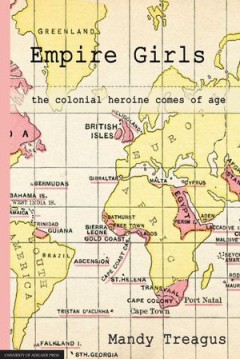
Empire Girls : The Colonial Heroine Comes of Age
Empire Girls: the colonial heroine comes of age is a critical examination of three novels by writers from different regions of the British Empire: Olive Schreiner’s The Story of An African Farm (South Africa), Sara Jeannette Duncan’s A Daughter of Today (Canada) and Henry Handel Richardson’s The Getting of Wisdom (Australia). All three novels commence as conventional Bildungsromane, yet t…
- Edition
- -
- ISBN/ISSN
- 9781922064554
- Collation
- -
- Series Title
- -
- Call Number
- 800 TRE e
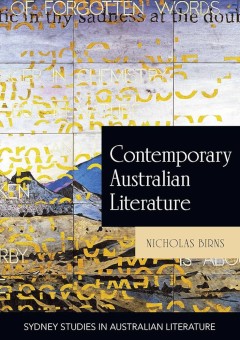
Contemporary Australian Literature : A World Not Yet Dead
Australia has been seen as a land of both punishment and refuge. Australian literature has explored these controlling alternatives, and vividly rendered the landscape on which they transpire. Twentieth-century writers left Australia to see the world; now Australia's distance no longer provides sanctuary. But today the global perspective has arrived with a vengeance. In Contemporary Australian L…
- Edition
- -
- ISBN/ISSN
- 9781743324363
- Collation
- 280 halaman
- Series Title
- Sydney Studies in Australian Literature
- Call Number
- 800 BIR c
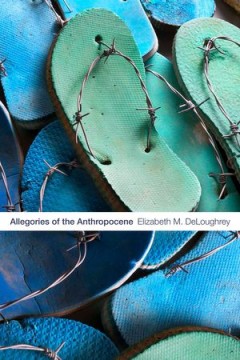
Allegories of the Anthropocene
In Allegories of the Anthropocene Elizabeth M. DeLoughrey traces how indigenous and postcolonial peoples in the Caribbean and Pacific Islands grapple with the enormity of colonialism and anthropogenic climate change through art, poetry, and literature. In these works, authors and artists use allegory as a means to understand the multiscalar complexities of the Anthropocene and to critique the v…
- Edition
- -
- ISBN/ISSN
- 9781478004103
- Collation
- -
- Series Title
- -
- Call Number
- -
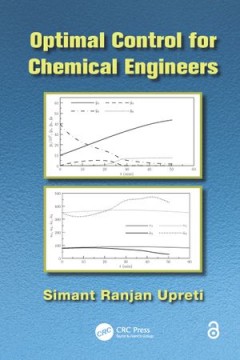
Whose History? Engaging History Students through Historical Fiction
Whose History? aims to illustrate how historical novels and their related genres may be used as an engaging teacher/learning strategy for student teachers in pre-service teacher education courses. It does not argue all teaching of History curriculum in pre-service units should be based on the use of historical novels as a stimulus, nor does it argue for a particular percentage of the use of his…
- Edition
- -
- ISBN/ISSN
- 9781922064509
- Collation
- -
- Series Title
- -
- Call Number
- -
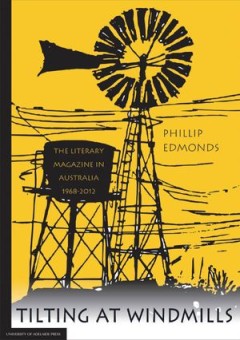
Tilting at Windmills: The Literary Magazine in Australia, 1968-2012
Up until the late 1960s the story of Australian literary magazines was one of continuing struggle against the odds, and of the efforts of individuals, such as Clem Christesen, Stephen Murray-Smith, and Max Harris. During that time, the magazines played the role of 'enfant terrible', creating a space where unpopular opinions and writers were allowed a voice. The magazines have very often been ah…
- Edition
- -
- ISBN/ISSN
- 9781925261059
- Collation
- -
- Series Title
- -
- Call Number
- -
 Computer Science, Information & General Works
Computer Science, Information & General Works  Philosophy & Psychology
Philosophy & Psychology  Religion
Religion  Social Sciences
Social Sciences  Language
Language  Pure Science
Pure Science  Applied Sciences
Applied Sciences  Art & Recreation
Art & Recreation  Literature
Literature  History & Geography
History & Geography